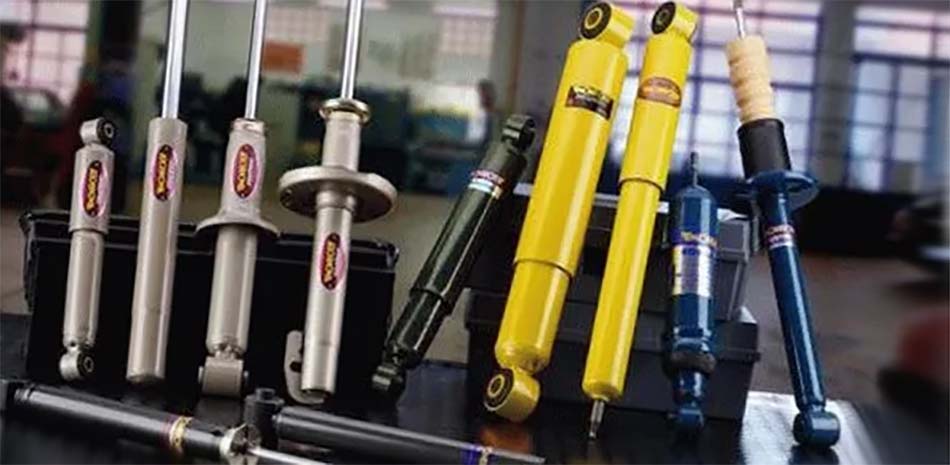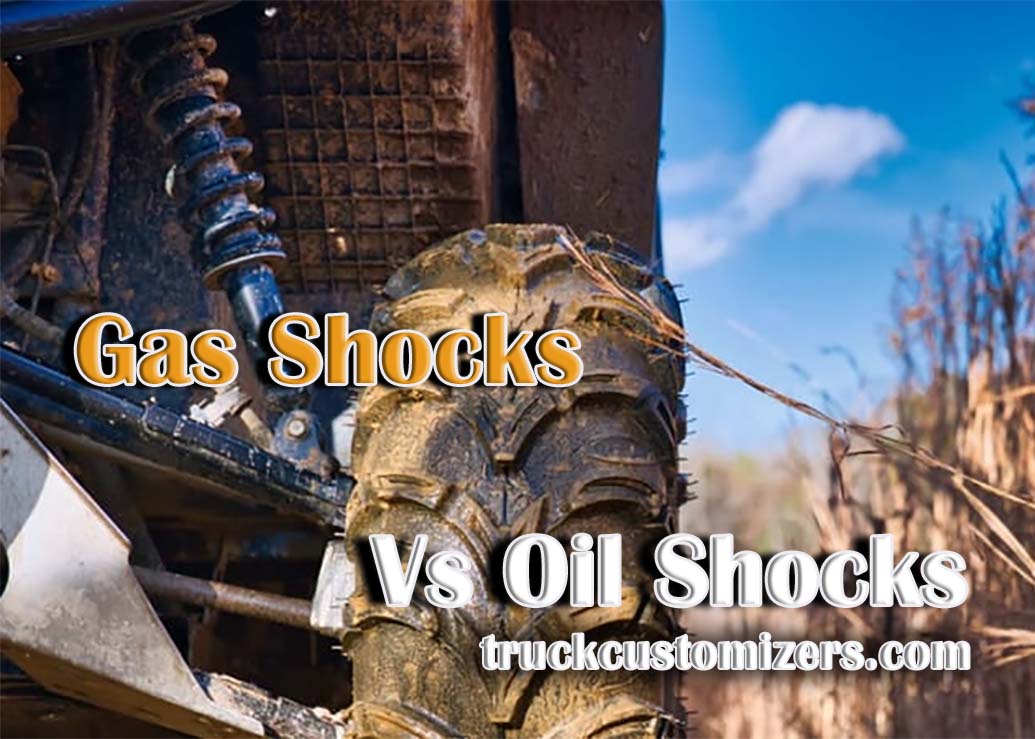When it comes to vehicle suspension, shocks play an important role in keeping your ride safe and comfortable. Shocks are designed to absorb road impacts and irregularities, allowing for a smoother ride. But what is the difference between gas shocks vs oil shocks? This article takes a closer look at both types of shocks to help you decide which type is best for your vehicle. From performance capabilities to cost-effectiveness, read on to learn all about the differences between gas and oil shocks.
What Are the Gas Shock Absorbers?
Gas shocks are typically found on off-road vehicles and trucks. There are two main types of gas shocks: hydraulic and pneumatic. Hydraulic gas shocks use a piston to compress the nitrogen gas, which creates a damping force. Pneumatic gas shocks use a diaphragm to compress the nitrogen gas. Both types of shocks are filled with a small amount of oil to lubricate the moving parts. Gas shocks generally provide a smoother ride than oil shocks, but they can be less responsive to sudden bumps. Gas shocks also tend to wear out more quickly than oil shocks, so they require more frequent maintenance.
Pros:
- Increased comfort while driving
- Smoother ride
- Increased control over the car
- Better handling
- Longer lasting
Cons:
- Can be expensive to replace
- May require frequent maintenance
- Not available for all car models.

What Are the Oil Shock Absorbers?
Oil shocks absorbers are a type of hydraulic shock absorber that uses oil to dampen the movement of the suspension. They are typically used in off-road vehicles and trucks, as they can provide a smoother ride over rough terrain. Oil shocks are also less likely to be damaged by mud and water than gas shocks, making them a good choice for vehicles that will be driven in difficult conditions. However, they can be more difficult to service and repair than gas shocks, so it is important to know how to maintain them properly. Also check out shocks for towing F150.
Pros:
- More durable than other types of shocks
- Provide a smoother ride
- Less likely to leak
- Easier to maintain
- Can be used on a variety of vehicles
Cons:
- Can be expensive
- Can be difficult to install
- Can require more frequent maintenance.
So What to Choose?
There are a few things to consider when deciding between gas and oil shocks. One is the ride quality you’re looking for. Gas shocks tend to provide a smoother ride, while oil shocks offer more control and stability. Another consideration is cost. Gas shocks are typically more expensive than oil shocks. Finally, think about maintenance. Gas shocks require less maintenance than oil shocks and are generally easier to care for.
Conclusion
Gas shocks and oil shocks are both viable choices when it comes to improving your vehicle’s suspension. Gas shocks offer superior performance in terms of reaction time, heat dissipation, and overall life span, while oil shocks provide a less expensive alternative that is better suited for lighter vehicles with fewer bumps in the road. Ultimately, you should decide which type of shock is best for your own personal needs based on budget and driving conditions.



